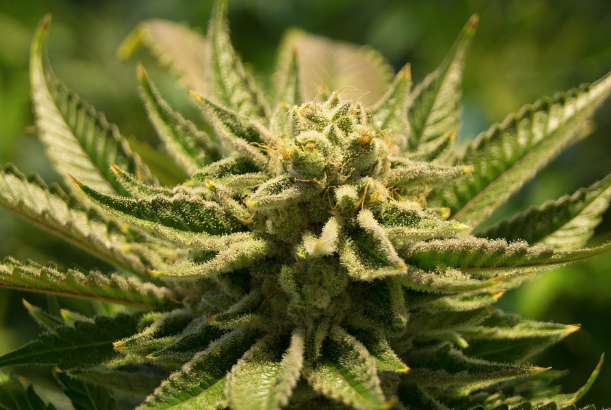 Despite pressure from opposition groups, marijuana may soon be legal across the entire United States. The prohibition of both medical and recreational marijuana has been a hot topic this year. Countries like Canada and Mexico have already legalized both uses for marijuana, prompting many advocates of marijuana legalization in the US to urge the government to remove the prohibitions.
Despite pressure from opposition groups, marijuana may soon be legal across the entire United States. The prohibition of both medical and recreational marijuana has been a hot topic this year. Countries like Canada and Mexico have already legalized both uses for marijuana, prompting many advocates of marijuana legalization in the US to urge the government to remove the prohibitions.
So far, 10 states, including Washington DC, have legalized the recreational and medical use of marijuana. Twenty-three other states have legalized marijuana only for medical purposes. Support from Americans has reached record levels over 60 percent, including 75 percent of the millennial generation.
Trends suggest more states will take steps toward legalizing marijuana in 2019. Amazingly, the plant remains illegal for all purposes on the federal level, even as the federal government is losing the ability to meaningfully enforce its proscribed prohibition.
Political observers believe New York will most likely join the states who have legalized marijuana by 2019. The state’s police force has already begun reducing the number of arrests related to the use of the plant. New York City Mayor Bill de Blasio announced that some individuals may be issued tickets and warnings if caught smoking marijuana.
Law firms have now begun creating specialized groups of lawyers to help individuals and groups who are attempting to navigate the changing regulations surrounding cannabis. Individuals who are suffering from debilitating or life-threatening conditions for example, may need assistance with qualifying for patient certification to allow them to use pot to treat their illness.
The social effects of legalization remain to be seen. One benefit is a reduction of persons in contact with the criminal justice system. Not surprisingly, studies have shown that legalizing cannabis for adult recreational use can lead to a reduction in crime rates related to the manufacturing, distribution, sale and possession of marijuana.
On the budgetary front, one study found the nationwide legalization of cannabis could generate $132 billion in new tax dollars over an eight year period, setting the sales tax at 15 percent, business tax at 35 percent and corporate tax at 21 percent.
Are there any pitfalls to legalization of pot?
Critics of marijuana use have long argued pot is unhealthy to consume and can cause a person to fall into bad habits. These claims are difficult to prove but some medical studies point to a degree of risk in pot use.
Pot may cost the economy in subtle ways. States that have legalized marijuana have seen an uptick in the number of workplace compensation and Social Security Disability Insurance (SSDI) claims. Whether this is a case of correlation or causation is difficult to discern.
Though hurdles remain, the overwhelming trend in public opinion, as well as increased awareness of medicinal uses of cannibas, will most likely lead the United States to fully legalize marijuana in the coming years. Supporters and naysayers alike should stay stay vigilant to ensure that the decision-making process is not monopolized by either school of thought.
Great care has to be given to make sure that Congress and the administration are taking all available measures to arrive at a well-informed and well-thought out decision.

You must be logged in to post a comment Login